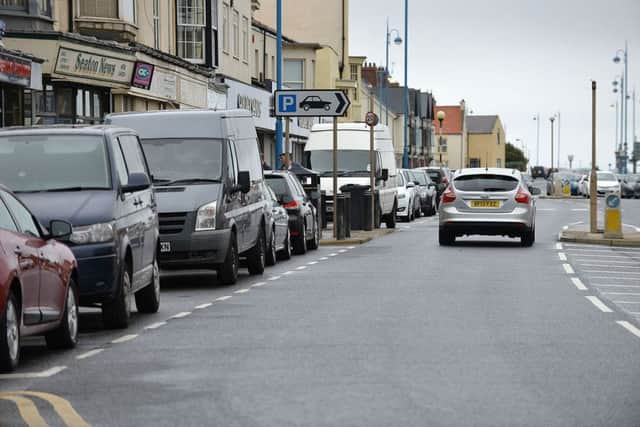Hartlepool to host event on future of coastal communities


A seminar entitled “Regenerating Coastal Communities” will consider how a range of economic and social issues can best be addressed.
The event at Hartlepool Civic Hartlepool is being organised by the Institute for Local Governance, a North-East research and knowledge exchange partnership comprising universities, local authorities, police and fire and rescue services. The Institute is hosted by Durham University Business School.
Advertisement
Hide AdAdvertisement
Hide AdAcknowledging that no two coastal communities are the same and that the response to the issues they face can vary, the seminar will focus on three very different places – the fishing port of Amble in Northumberland, the port and industrial town of Hartlepool and the seaside holiday town of Scarborough.
There will be a series of keynote speakers and opportunities for questions and discussion.
The speakers will be:
• Denise Ogden, Director of Regeneration and Neighbourhoods at Hartlepool Borough Council, on the role of local government in partnership with the private, public and voluntary sectors in shaping the destiny of coastal communities;
• Katherine Blaker, the Joseph Rowntree Foundation’s Community Research and Grants Manager, on the ActionLab initiative that aims to address issues around embedded poverty in Hartlepool;
Advertisement
Hide AdAdvertisement
Hide Ad• Scarborough Borough Council Investment Manager Nick Taylor;
• Tony Kirsop, Northumberland County Council’s Community Regeneration Manager;
• Fernanda Balata, lead on coastal economies at the New Economics Foundation (NEF).
Councillor Kevin Cranney, deputy leader of Hartlepool Borough Council and chairman of the Regeneration Services Committee, said: “We are delighted to be hosting this important event which provides an opportunity for a wide range of organisations to come together to explore the issues affecting the region’s coastal communities. It’s a chance to share best practice, look at what is already working well in some areas and to explore new ideas. However, we must remain mindful of the different cultural and economic factors that influence communities and remember that an approach that works in one area may not necessarily have the same impact in another.”